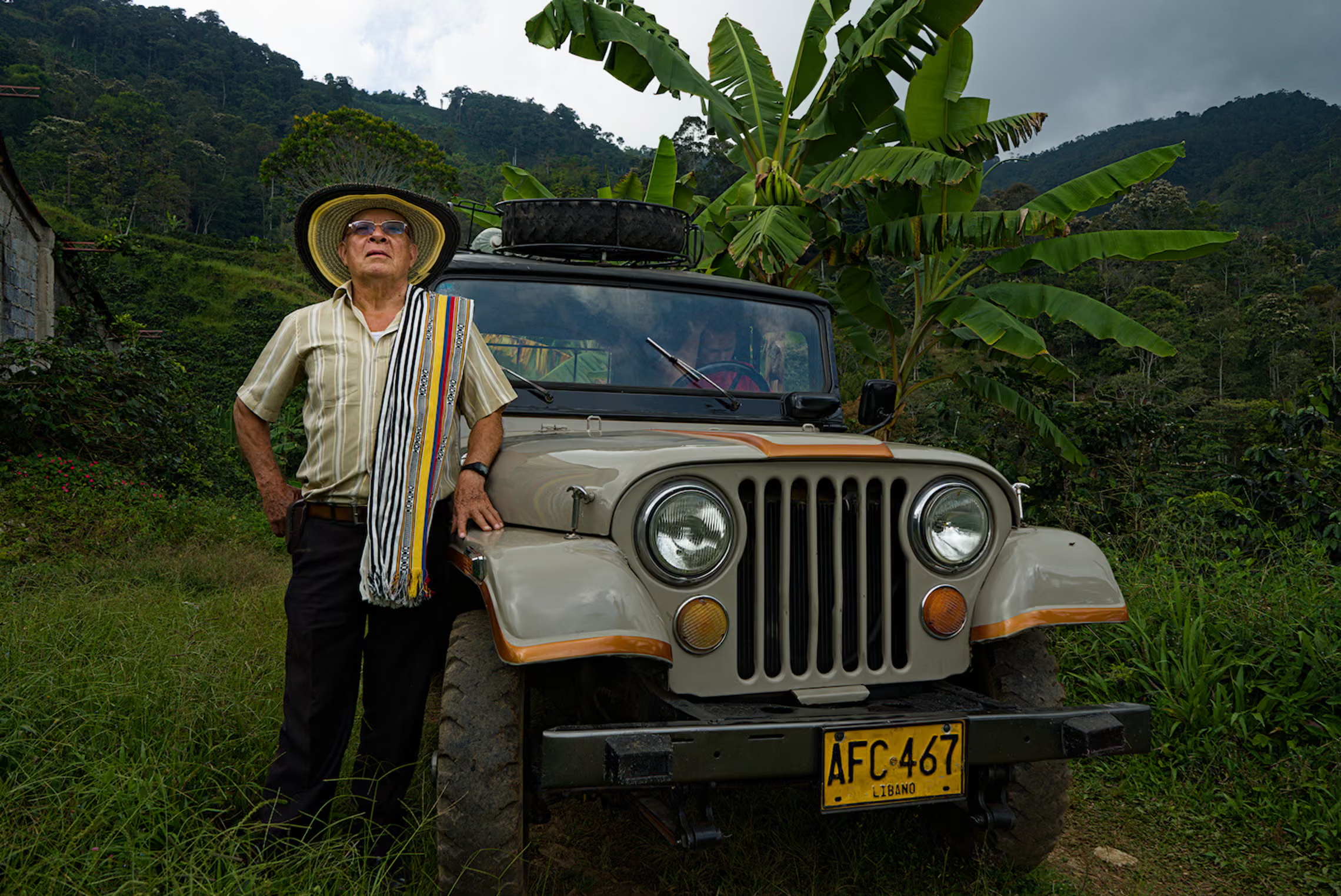Dubai – Qahwa World
As U.S. coffee prices continue to climb, an effort in the U.S. Senate to fast-track the bipartisan “No Coffee Tax Act” stalled on Wednesday after a single Republican senator objected.
On the Senate floor, Sen. Catherine Cortez Masto (D-Nev.) requested unanimous consent—a procedure allowing noncontroversial bills to pass without a roll-call vote—to advance the bill she co-authored with Sen. Rand Paul (R-Ky.).
Video footage of the session shows Sen. Mike Crapo (R-Idaho), chair of the Senate Finance Committee, raising an objection. His move sends the measure back to the committee for further review.
The proposed legislation is part of a broader effort by lawmakers and coffee industry groups to exempt coffee from President Donald Trump’s “reciprocal tariffs”—import fees applied to a wide range of goods. Current tariffs on imports from nearly all coffee-producing nations range from 10% to 50%, with the 50% tariff on Brazil having a particularly strong impact on U.S. coffee prices.
Meanwhile, the cost of coffee for consumers continues to surge. In September, the average grocery price for a pound of roasted, ground coffee reached $9.14, an increase of 41% from a year earlier. According to the Bureau of Labor Statistics, the coffee index rose 18.9% year-over-year, far outpacing overall food and beverage inflation.
The No Coffee Tax Act seeks to exempt coffee from such tariffs, emphasizing that the United States cannot produce coffee at a scale sufficient to meet domestic demand. Combined coffee production from Hawaii and Puerto Rico accounts for less than 1% of total U.S. green coffee consumption.
“I know that responsible, targeted tariffs on our adversaries can be good for American workers and our national security,” said Cortez Masto. “There’s a smart way to do this—but taxing our coffee and raising prices for Americans isn’t it.”
In response, Crapo argued that the Senate should not make “one-off exceptions” for individual goods “in isolation of a larger negotiating strategy and broader stakeholder concerns.”
He also noted that coffee already benefits from tariff exemptions through recent trade agreements with Cambodia and Malaysia—though those two nations together account for less than 0.1% of global coffee production, according to USDA data.

